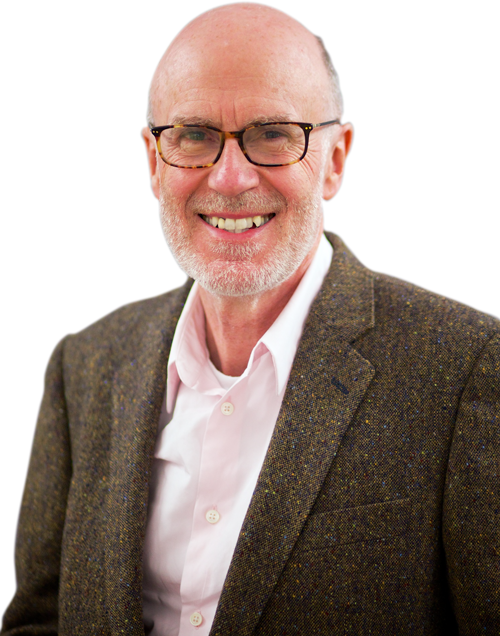World’s first training Centre for Quantum Biology established at the University of Surrey with £1m support from the Leverhulme Trust
Posted 13th December 2018The Centre, which will be headed by Professors Johnjoe McFadden and Jim Al-Khalili, will train a new generation of scientists with the skills needed to study and even exploit the quantum underpinnings of life from efficient energy transport in photosynthesis to the quantum-guided navigational skills of robins.
Up to seven PhD students will be recruited each year for the next three years starting in Autumn 2018, who will engage in a three-year interdisciplinary training and research programme. Students will work on projects from photosynthesis to nanotechnology.
Quantum mechanics is the strangest of sciences. It allows particles to be in two, or two hundred places at once, possess spooky connections, or travel through otherwise impenetrable barriers. But these counterintuitive or weird aspects of quantum mechanics were thought to be relevant only to the tiniest particles of matter, such as protons, electrons or photons. They were not thought to play a role in anything big enough to see, because quantum mechanical behavior was expected be washed away by the random molecular motion of trillions of particles inside macroscopic objects. But one of the founders of quantum mechanics, Erwin Schrödinger, claimed that living organisms are different because, uniquely, their macroscopic behavior depends on the position and motion of small numbers, or individual, protons and electrons inside molecules such as DNA. Life, Schrödinger proposed, dips into the weird quantum world to help keep us alive. Although for half a century, scientists were skeptical of Schrödinger’s claim, experiments in the last two decades have discovered that quantum mechanics really does play a key role in life.
Quantum Biology may lead to new approaches to solar energy, new drugs or new diagnostics and may even hold the key to building revolutionary new quantum computers that could far out-perform even the most advanced of today’s computers. Quantum biology may also provide insights into how our brain works and even what our thoughts are made of, or provide a new understanding the fundamental difference between living and inanimate matter. But research is currently scattered and lacks dedicated scientists and established research foci. This new interdisciplinary science requires expertise from many fields, from biology and biochemistry to physics, mathematics and computer science, yet most biologists know nothing about quantum mechanics and physicists generally shun the messy and highly complex world of living organisms. To progress, quantum biology needs a new generation of scientists who can operate across the discipline boundaries, which is what we hope to achieve within our new Centre.”
A novel aspect of the Centre is that it will also exploit cutting-edge technologies, such as nanotechnology or synthetic biology to study quantum biology. For example, studying quantum mechanics of photosynthesis is difficult inside living cells or even in test tubes so members of the team will attach chlorophyll molecules to carbon nanotubes so that the systems for energy capture can be studied more effectively. Another example is bird navigation where it has been shown that the European robin appears to use quantum entanglement – the ability of distant particles to retain ‘spooky’ connections – to navigate around the globe. But the robin is not an easy experimental model so scientists involved in the Centre will be using synthetic biology tools to move the bird’s compass into the much more tractable fruit fly, which has been the favorite animal of geneticists for more than a century. Once in the fruit fly, the genes involved in the compass can be manipulated to discover how the system works.”
Two years ago, McFadden and Al-Khalili wrote the first popular science book to describe this exciting and revolutionary new science: Life on the Edge: The Coming of Age of Quantum Biology. The year 2018 is the perfect year for Quantum Biology to come of age.
If you are interested in a PhD in this area please email Johnjoe McFadden or Jim Al-Khalili for more details.
